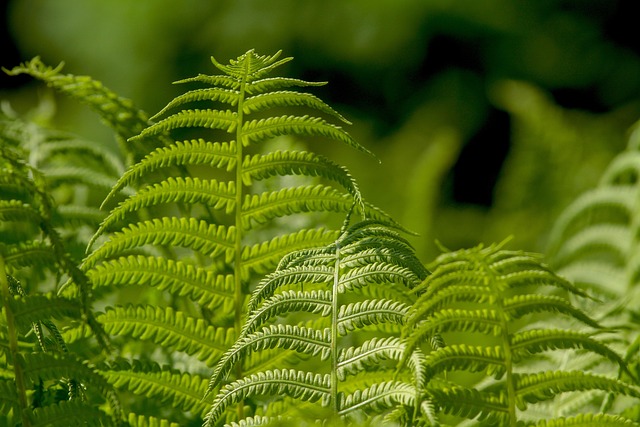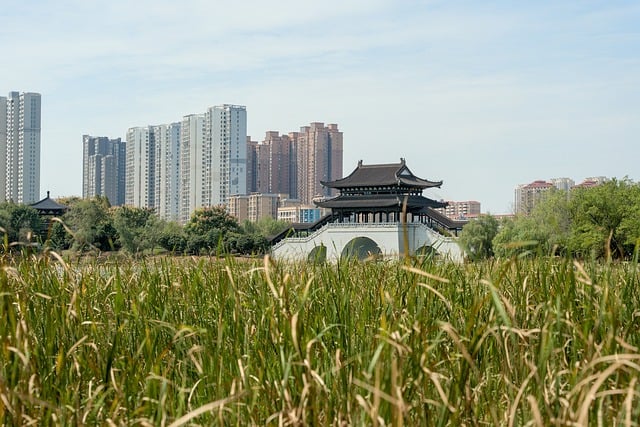Embracing Nature through Community Gardening
In a world that often feels disconnected, community gardening brings people together, fostering a deeper connection not only among neighbors but also with nature. One of the most rewarding aspects of participating in a community garden is the opportunity to engage in ornamental plant care. By cultivating beautiful plants, we enhance our surroundings and contribute to a green, sustainable environment.
The Environmental Benefits of Community Gardening
Community gardening is a powerful way to promote eco-friendly practices. By growing plants collectively, we reduce the carbon footprint associated with traditional gardening methods. This collaborative approach minimizes the need for personal transportation to stores for plant supplies, and it encourages the use of sustainable practices such as composting and organic pest control. Engaging in ornamental plant care within a community setting not only beautifies shared spaces but also aids in biodiversity, providing habitats for pollinators and other wildlife.
Choosing the Right Plants
When selecting ornamental plants for your community garden, choose native species that thrive in your local climate. Native plants are often more resilient and require less maintenance, which translates into less water usage and fewer chemicals. By opting for these eco-friendly choices, you support the local ecosystem and foster a garden that reflects the natural beauty of your surroundings. Engaging with fellow gardeners to share knowledge about the best plants for your area can also deepen community bonds while promoting a shared commitment to the environment.
Eco-Friendly Practices for Ornamental Plant Care
- Water Wisely: Implementing a rainwater collection system is an effective way to conserve water while keeping your ornamental plants hydrated. Use drip irrigation or soaker hoses to minimize water waste.
- Compost: Create a communal compost bin where garden members can contribute kitchen scraps and yard waste. This organic matter enriches the soil, providing essential nutrients to your ornamental plants.
- Organic Pest Management: Avoid harmful pesticides by utilizing natural pest control methods. Encourage beneficial insects like ladybugs and lacewings, and use barriers or companion planting to deter pests.
- Mulch: Apply a layer of mulch around your plants to retain moisture, suppress weeds, and improve soil health. Organic materials like shredded bark or straw work well and contribute to a vibrant ecosystem.
Fostering Community through Gardening
Participating in a community garden not only helps nurture plants but also relationships. Hosting regular workshops on ornamental plant care can be an engaging way to share tips and learn together, while potlucks or seasonal celebrations allow for social interaction and connection. As you bond over the joys and challenges of gardening, you’ll find a sense of camaraderie that enriches the experience. Witnessing the transformation of a neglected space into a flourishing garden can instill pride and inspire further eco-friendly practices within the community.
In the end, community gardening is about more than just ornamental plant care; it’s a sustainable movement that champions both environmental awareness and social connection. By working together, we create vibrant green spaces that reflect our shared values and love for the earth. Embrace the essence of community gardening, and watch as your efforts contribute to a healthier environment and a closer-knit neighborhood.




